There’s something quietly sensible about what Enzo Fernández did after Chelsea’s win over Wolves. Not dramatic, not headline-grabbing in the way an injury could be, but the sort of careful, practical decision that often goes unnoticed until it matters. He left the game on 83 minutes after a strong performance — man of the match, actually — then confirmed to ESPN that he’s been coping with knee pain for months. That pain, he says, is a bone bruise that has been irritated by a heavy run of fixtures. So, he’s not travelling to join Argentina for the current international window. Two weeks of rest instead, a deliberate trade-off: skip the friendlies now to be fit for the run-in and the World Cup later.
This isn’t dramatic theater. It’s a player, his club and national medical teams talking, weighing risks and benefits, and choosing a low-risk path. It feels like the sort of sensible, boring thing you’d want from everyone involved. Yet there’s a little human tension here too — he wants to represent his country, of course — but the longer-term picture nudged him toward a pause. You can almost hear the internal monologue: “I want to go, but I also want to be available when it counts.” That’s where he landed.
Also read: Late Twist at Anfield: Mings Hurt, Villa Hold On With Ten
Why two weeks? — a brief look at the reasoning
The short answer: the timing is right and the alternatives are worse.
Fernández has reported knee soreness for four months. Over that time, it’s not suddenly become catastrophic — but the problem has been persistent, and lately it has flared up after a dense match schedule. The diagnosis he shared was specific: a bone bruise around the knee. Those aren’t small things to shrug off; they can ping you intermittently, especially under heavy load. Playing every few days doesn’t help the healing process.
Argentina’s November fixtures are friendlies. With South American qualifying already complete, these matches are useful but not essential. That reduces the cost of sitting out. So the plan is pragmatic: two weeks dedicated to controlled recovery, treatment and carefully monitored training, rather than more travel, full-intensity matches and the risk of making the issue worse. For a midfielder who’s used a lot by club and country, a fortnight off the competitive treadmill can make a meaningful difference to pain and irritation around a bone bruise.
What Enzo act
ually said
He put it plainly to ESPN: he’s been in contact with Argentina’s medical staff because of a knee problem that’s lasted months. The bone bruise has worsened in recent weeks, which is understandable after a heavy workload. Together — and I like that word, “together” — they agreed that resting for two weeks was the sensible path, given how much is coming up at the end of the season. There’s a tone of responsibility in that: not dramatic, not evasive, but aware of priorities.
How this affects Chelsea and the player
For Chelsea, the international break is a chance to manage minutes and recovery in a way the club schedule doesn’t always allow. Enzo’s absence from Argentina for a couple of weeks gives the club medical team a clean window to treat, monitor and modify his load. If you ask me, that’s what elite sport is partly about now: micro-management of players so they’re fit when it matters most.
Also read: A Bad Run That Keeps Growing — Liverpool’s Test Against Aston Villa
From Enzo’s perspective it’s a trade-off. Missing national team time, even friendlies, is never ideal. It’s part of representing your country, of staying sharp with teammates and managers. But if the choice is between a couple of exhibition games and being fully available and effective for the decisive club fixtures — and the looming World Cup — the short-term sacrifice starts to look like the right, albeit slightly awkward, option.
A small but meaningful strategy
Two weeks isn’t a huge chunk of time, but in injury management that can be meaningful. It allows for targeted rehab — physio, anti-inflammatory strategies, controlled conditioning — and importantly, it avoids disruptive travel that could hinder recovery. Flights, training with different medical teams, immediate match demands: those variables add up. So keeping him at Chelsea for a focused period removes a lot of uncertainty.
Another subtle point: this resembles how his minutes were handled in October when he had limited time with Argentina. That suggests a pattern of cautious management, not a one-off reaction. Maybe he’s a player whose body signals need small but regular adjustments, and everyone involved is learning to listen.
A moment in the season’s noise
I find this sort of thing quietly revealing about modern football. It’s not always the dramatic ruptures or big surgeries that define a season. Sometimes it’s the small, sensible choices — a player skipping a friendly to manage a niggle — that keep a squad whole. Fernández’s decision feels practical, almost domestic in its logic: rest now to be prepared later. There’s also a human edge: the disappointment of missing international time, the desire to avoid letting your club down, the internal bargaining of an athlete who wants both personal pride and professional success.
Also read: Three Giants Circle Juventus Wonderkid — The Race for Kenan Yildiz Heats Up
It’s worth noting that medical advice and strategic thinking often overlap in football now. The joint decision with Argentina’s medical team is a sign of cooperation rather than conflict, which, frankly, is reassuring. Players can end up in tug-of-wars between club and country, but here the pause seems to reflect shared priorities.
Final thought
So, Enzo Fernández will sit out the Argentina friendlies and take two weeks to get his knee in a better place. Not glamorous. Not a crisis. But, in a season where fine margins matter, a deliberate rest might be the difference between being fit for the season’s key matches and not. It’s a small bet on the future — a pause that could pay off when the games get really important.



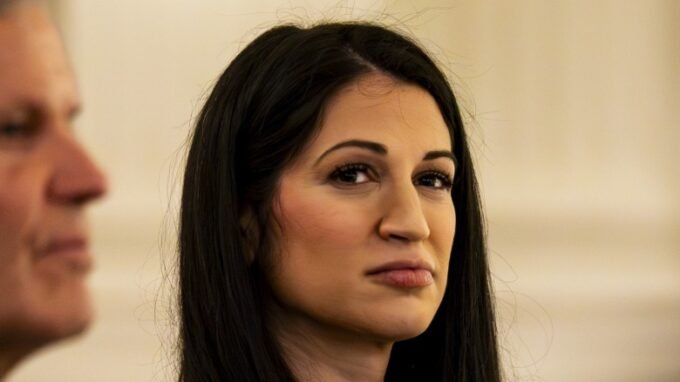


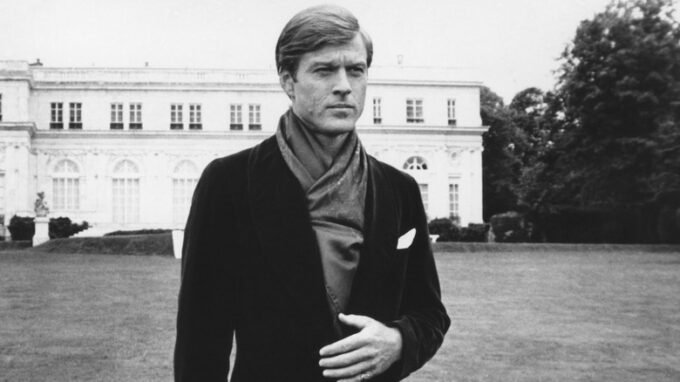
















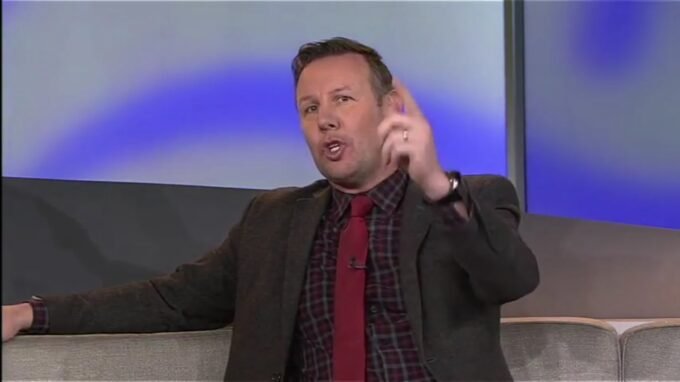
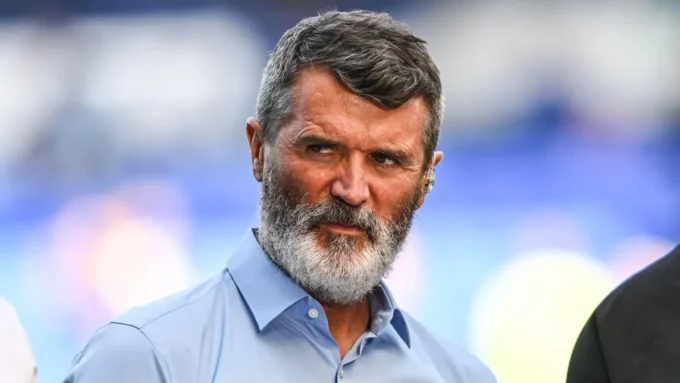
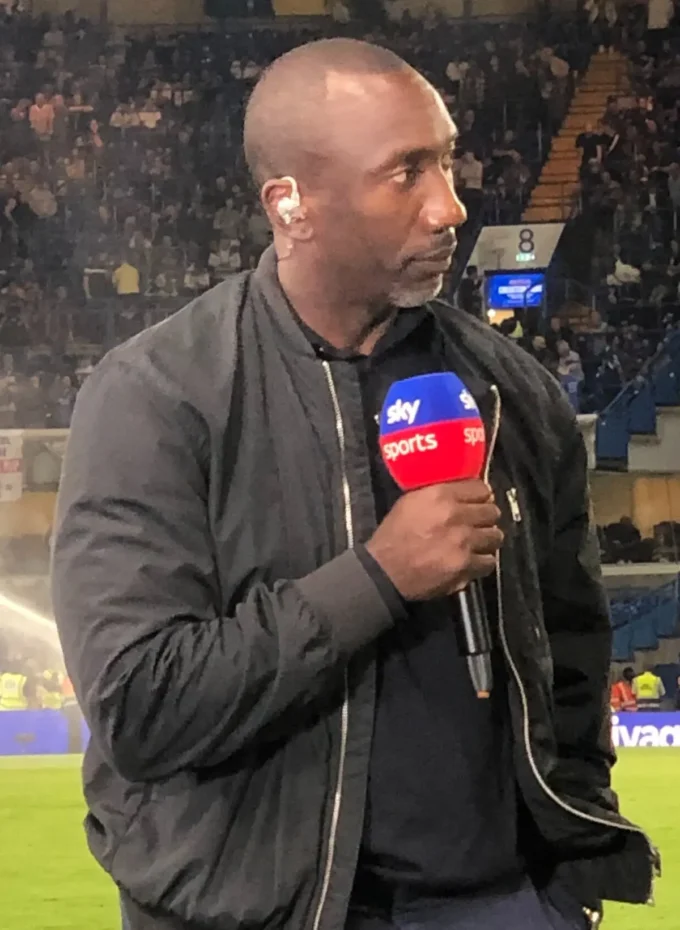


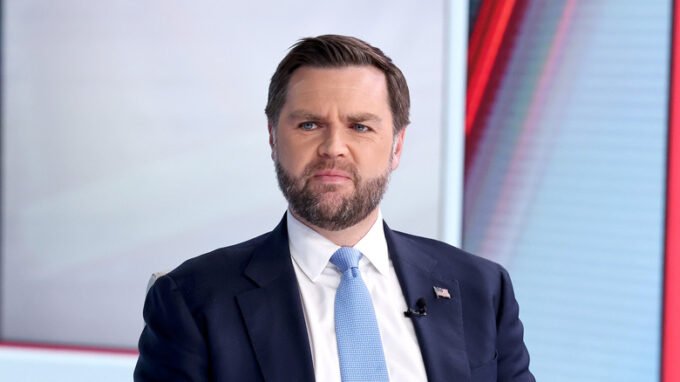
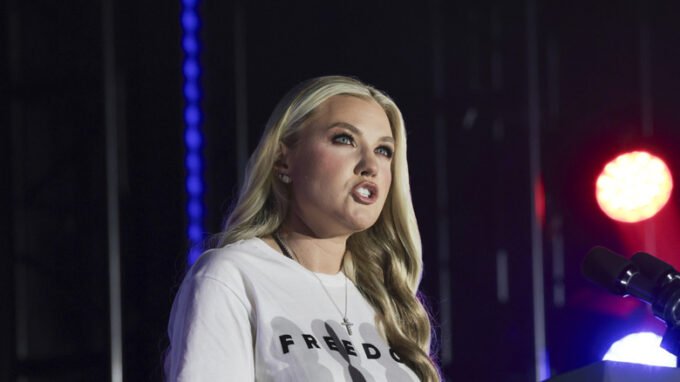









Leave a comment